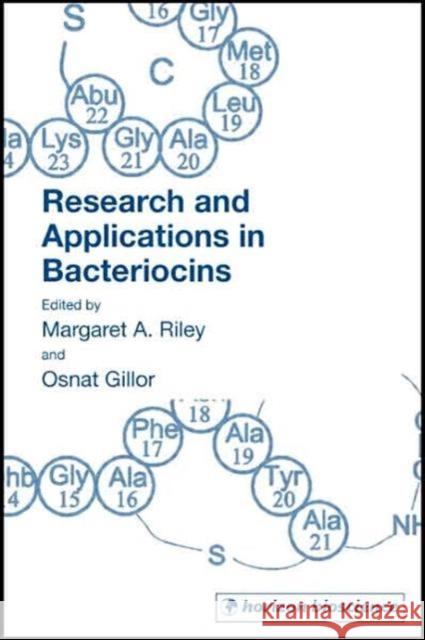Research and Applications in Bacteriocins » książka
Research and Applications in Bacteriocins
ISBN-13: 9781904933236 / Angielski / Twarda / 2006 / 226 str.
Bacteriocins comprise a large and functionally diverse family of toxins found in most microbial species. They play a critical role in mediating microbial interactions and in maintaining microbial diversity. The dramatic rise in antibiotic-resistant bacteria has resulted in renewed efforts to find new antimicrobials. Bacteriocins are an attractive focus for drug development because bacteriocins are active against most pathogens, already exist in nature, are remarkably stable, and are not toxic to human cells. Recently, significant advances have enhanced our understanding of the genetics of bacteriocin production and of their mode of action. Research is currently under way to improve the efficacy of bacteriocins by genetic manipulation and to enable their production in non-native hosts. The authors in this book discuss the identification and characterisation of this diverse group of protein toxins and review the ever-increasing number of potential applications in human health, veterinary medicine, crop management, agriculture, food preservation and bioremediation. Topics covered include biosynthesis, structure and function, genetic modification, cytotoxic activity, potential as antimicrobials, and applications in agriculture and veterinary health.











